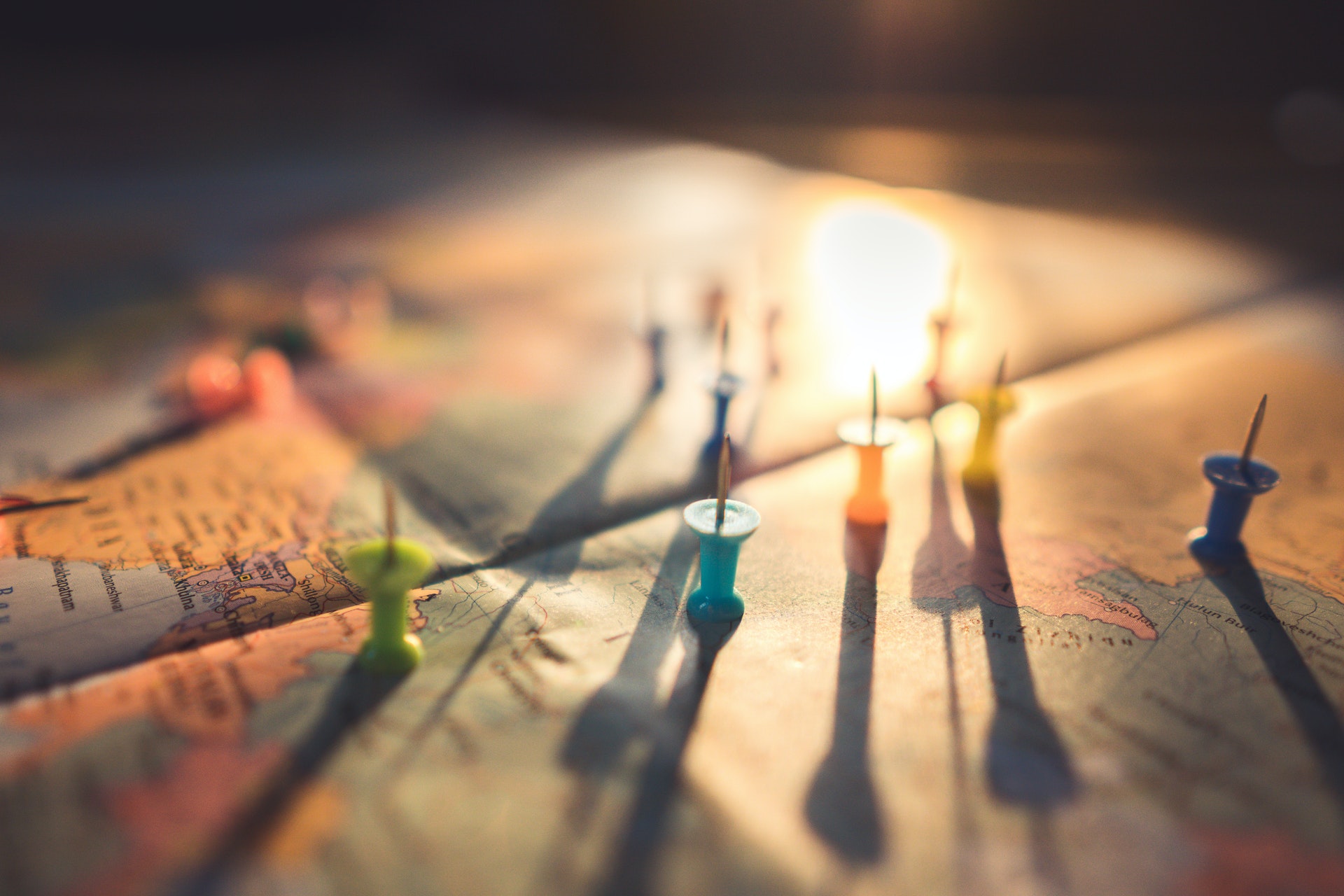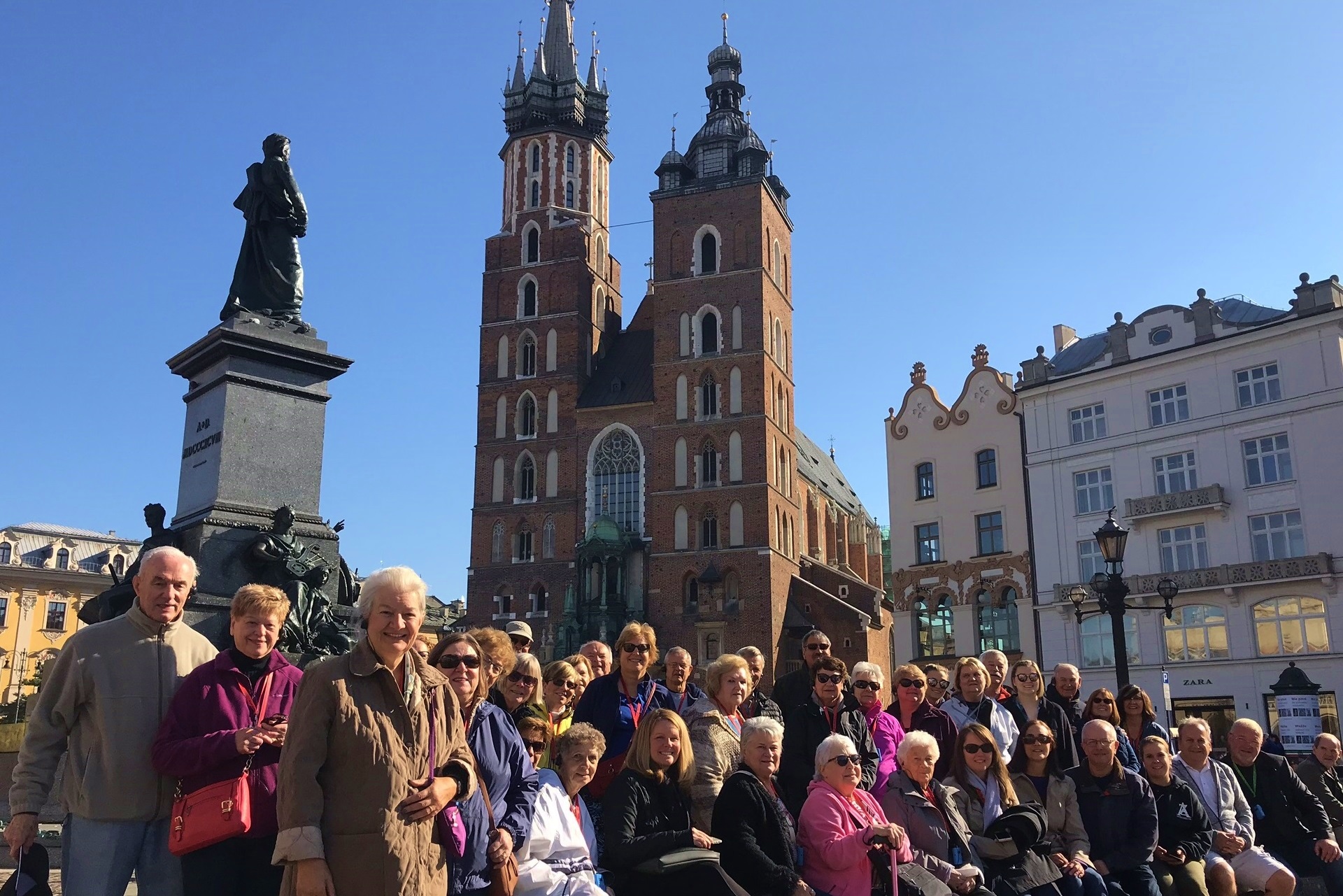Polish ancestry visa
Tracing one’s lineage and reconnecting with ancestral roots has become more than just a hobby for many. For descendants of Polish nationals, this journey of discovery often leads to a desire to establish a deeper connection with Poland, not just emotionally but legally as well. The Polish ancestry visa serves as a bridge for these individuals, offering them an opportunity to not only visit but also to reside in the land of their forefathers. At GenealogyTour.com, with over 15 years of expertise in Polish genealogy and heritage tours, we’ve assisted countless individuals in this quest. In this article, we delve into the intricacies of the Polish ancestry visa, guiding you through its nuances.
GenealogyTour.com

Preliminary Research
Using advanced genealogy databases and myriad sources to sketch an initial picture

Advanced Research
Deep diving into intricate details to find every hidden nugget about your ancestors.

On-Site Research
Direct investigations in Poland’s historic spots.
Poland and Beyond
The thrill of discovery doesn’t just stop at finding names and dates. Imagine walking the same cobblestoned streets your ancestors did, or gazing upon the church where they wed. Our genealogy tours are crafted keeping you in mind:
Tailor-Made Tours

Share the journey of discovery with others tracing their Polish lineage.
Group Tours

Personalized itineraries based on your family history.
GenealogyTour.com
Eligibility for the Polish Ancestry Visa
The primary criterion for eligibility revolves around proving Polish descent. Most individuals whose parents, grandparents, or even great-grandparents were born in Poland stand a good chance of qualifying for Polish citizenship through descent. Essentially, one needs to demonstrate that at least one ancestor was born in Poland (or its former territories) and resided there post-1920.
The Dual Citizenship Aspect
A common query pertains to the possibility of dual citizenship. The US, for instance, allows its citizens to hold dual citizenship, and acquiring Polish citizenship doesn’t impact one’s US citizenship. Poland, on the other hand, doesn’t explicitly mention dual citizenship in its laws. However, there aren’t any known penalties for possessing dual citizenship, making it practically permissible. It’s crucial, though, for dual citizens to use their Polish passport when dealing with Polish authorities, especially during international travel to and from Poland.
The Path to Polish Citizenship
There are primarily three avenues to acquire Polish citizenship:
- By birth, provided at least one parent is a Polish citizen. This holds true irrespective of whether the birth took place in Poland or abroad.
- Through adoption, applicable for children under 16.
- By a Presidential grant, where the President of Poland can bestow Polish citizenship upon a foreigner without any conditions. This route has its distinct application process.
To confirm one’s Polish citizenship, an application needs to be submitted to the Citizenship Office in Warsaw. This application comprises various documents, translated into Polish, forms, archival records, and other pertinent information. Once the Polish government official reviews and approves the application, a certificate of citizenship is issued.
The Process with GenealogyTour.com
Our process is designed to be comprehensive and hassle-free. After an initial free assessment of your situation, we guide you through every step. From helping you gather the necessary documents to ensuring they’re accurately translated into Polish, our team ensures a smooth application process. Our expertise significantly reduces the chances of errors, ensuring a quicker turnaround.
Benefits of the Polish Passport
A Polish passport is not just a travel document; it’s a key to numerous opportunities. Ranked among the most powerful passports globally, it offers visa-free access to 92 countries and visa-on-arrival to 35 countries. Moreover, it provides the privilege of living and working in any EU country, amplifying its value manifold.
Reconnecting with one’s Polish roots is a journey of emotion, discovery, and legal processes. The Polish ancestry visa and subsequent citizenship offer a tangible link to one’s heritage. With the right guidance and expertise, this journey can be fulfilling and relatively seamless. At GenealogyTour.com, we pride ourselves on being the trusted partner for many in this quest, and we’re here to assist you every step of the way.
Historical Context
Poland, with its rich history, has seen numerous migrations, wars, and territorial changes. Over the centuries, many Poles left their homeland in search of better opportunities, fleeing wars, or simply exploring the world. This diaspora has resulted in a significant number of people worldwide having Polish ancestry. The Polish government, recognizing the importance of its global community, introduced the ancestry visa as a way to strengthen ties with descendants of Polish nationals.
Read more
Why Seek a Polish Ancestry Visa?
Beyond the emotional connection to one’s roots, there are practical reasons to pursue a Polish ancestry visa. Poland, being a member of the European Union, offers its citizens a plethora of benefits. From unrestricted access to the European job market to world-class education and healthcare facilities, the advantages are manifold. Moreover, Poland’s strategic location in Central Europe makes it a hub for business and travel.
Documentation: The Heart of the Process
The success of the Polish ancestry visa application heavily relies on the documentation provided. These documents serve as evidence of one’s Polish lineage. Typical documents include:
- Birth Certificates: These are primary documents that trace your direct lineage to a Polish ancestor.
- Marriage Certificates: Especially relevant if the Polish lineage is through a married ancestor.
- Military Records: Many Poles served in the military, and these records can be instrumental in establishing ancestry.
- Archival Records: Old letters, photographs, or any other documents that can establish a connection to Poland can be invaluable.
It’s essential to note that all documents, especially those not in Polish, need to be translated and notarized to be considered valid.
Challenges in the Application Process
While the process might seem straightforward, applicants often face challenges. These can range from missing documents, language barriers, to navigating the Polish bureaucratic system. Ancestral homes or villages might now be in modern-day Ukraine, Belarus, or Lithuania due to border changes, complicating the search for records. Moreover, World War II resulted in the loss of many documents, making the process even more challenging.
How GenealogyTour.com Simplifies the Process
At GenealogyTour.com, we understand the intricacies of the Polish ancestry visa process. Our team of experts, with their vast experience, can:
- Assist in Document Retrieval: We have a network that can help retrieve documents from various archives, churches, and local offices in Poland and its former territories.
- Provide Translation Services: Our team ensures that all your documents are accurately translated into Polish, adhering to the requirements of the Polish government.
- Guide through the Application: From filling out forms to preparing for any interviews or interactions with Polish officials, we offer end-to-end guidance.
Living in Poland: What to Expect?
Once the ancestry visa is approved, and you decide to move to Poland, there’s a lot to look forward to. Poland boasts a rich cultural heritage, picturesque landscapes, and bustling cities. Whether you’re walking through the historic streets of Kraków, enjoying the coastal beauty of Gdańsk, or exploring the modern vibes of Warsaw, there’s something for everyone. Moreover, the cost of living is relatively lower than in many Western European countries, making it an attractive destination.
Engaging with the Local Community
One of the most enriching experiences of moving to Poland is engaging with the local community. Participating in local festivals, joining community groups, or simply interacting with neighbors can offer insights into Polish culture and traditions. It’s also an excellent opportunity to learn the Polish language, which can be challenging but rewarding.
The journey to obtaining a Polish ancestry visa is a blend of legal processes, historical exploration, and emotional reconnection. While the path might seem daunting, with the right guidance, it’s a journey worth undertaking. At GenealogyTour.com, we’re committed to making this journey as smooth and fulfilling as possible, ensuring that you can establish that cherished bond with your Polish heritage.
